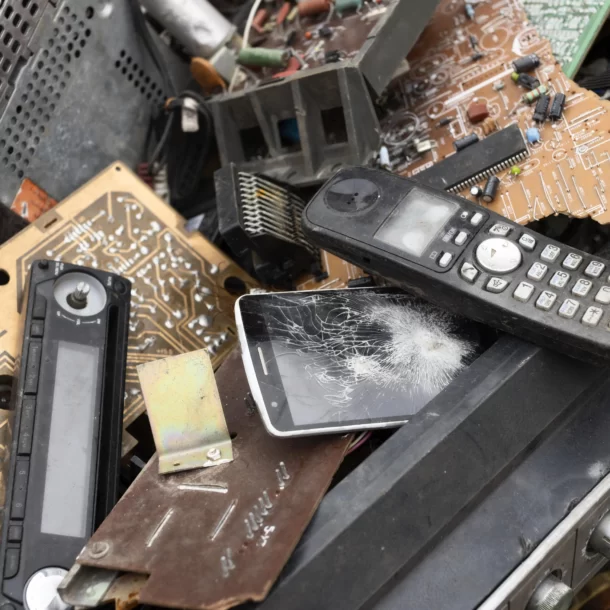
The Role of Government Policies in Promoting E-Waste Recycling in India
The increasing amount of electronic waste, or e-waste, generated in India demands effective management and recycling practices. Government policies play a vital role in promoting responsible e-waste recycling. This blog examines the current state of e-waste recycling in India and the impact of government policies in driving sustainable e-waste management practices.
Current State of E-Waste Recycling in India
India faces significant challenges in managing the growing volume of e-waste. The existing recycling infrastructure is insufficient, resulting in improper disposal and environmental hazards. Understanding the current state of e-waste recycling helps identify areas that require attention and improvement.
Government Policies and Regulations for E-Waste Recycling
The Indian government has introduced several policies and regulations to tackle the e-waste problem. These policies aim to establish a framework for extended producer responsibility (EPR), e-waste collection and recycling standards, and the enforcement of environmentally sound practices. They also mandate the establishment of e-waste management centers and emphasize the role of authorized recyclers.
Effectiveness and Impact of Government Policies
Evaluating the effectiveness and impact of government policies is crucial for continuous improvement. It allows policymakers to identify gaps and refine strategies. The analysis of policy implementation and enforcement highlights success stories, challenges, and areas that require further attention to enhance the overall effectiveness of e-waste recycling practices.
Industry Engagement and Support
Government policies need the active engagement and support of the industry for successful e-waste recycling. Encouraging manufacturers to adopt sustainable design principles, implement EPR obligations, and collaborate with authorized recyclers promotes responsible e-waste management throughout the supply chain. Industry participation is essential for the establishment and development of efficient e-waste recycling infrastructure.
Public Awareness and Participation
Government policies must be accompanied by public awareness campaigns to foster a culture of responsible e-waste disposal. Educating the public about the environmental and health impacts of e-waste and providing information on proper recycling methods can encourage participation and responsible consumer behavior. Public involvement is crucial in ensuring the success of e-waste recycling initiatives.

International Comparisons and Best Practices
Learning from international comparisons and best practices can provide valuable insights for improving e-waste recycling in India. Examining successful e-waste management models implemented in other countries helps identify strategies, technologies, and collaborations that can be adapted to the Indian context.
Future Outlook
The future of e-waste recycling in India relies on continuous improvement and innovation. Government policies should focus on strengthening the recycling infrastructure, expanding the scope of EPR obligations, and promoting research and development for sustainable recycling technologies. Collaboration between the government, industry, and the public is essential for the effective implementation and enforcement of policies.
Government policies play a crucial role in promoting responsible e-waste recycling in India. By establishing comprehensive regulations, engaging the industry, raising public awareness, and learning from international best practices, India can make significant strides toward sustainable e-waste management. It is through collective efforts and continuous improvement that we can address the e-waste challenge and create a greener and more sustainable future.

